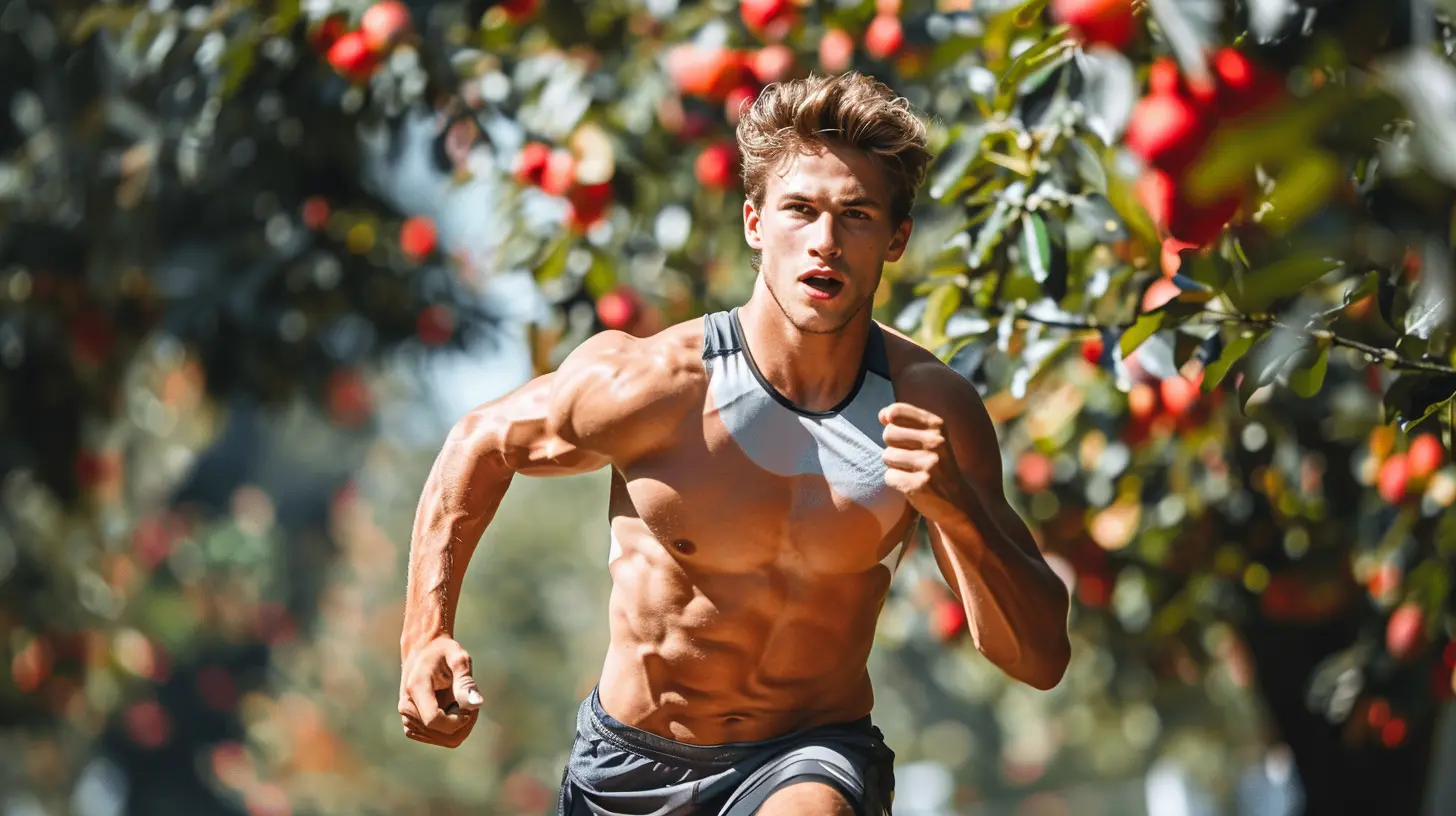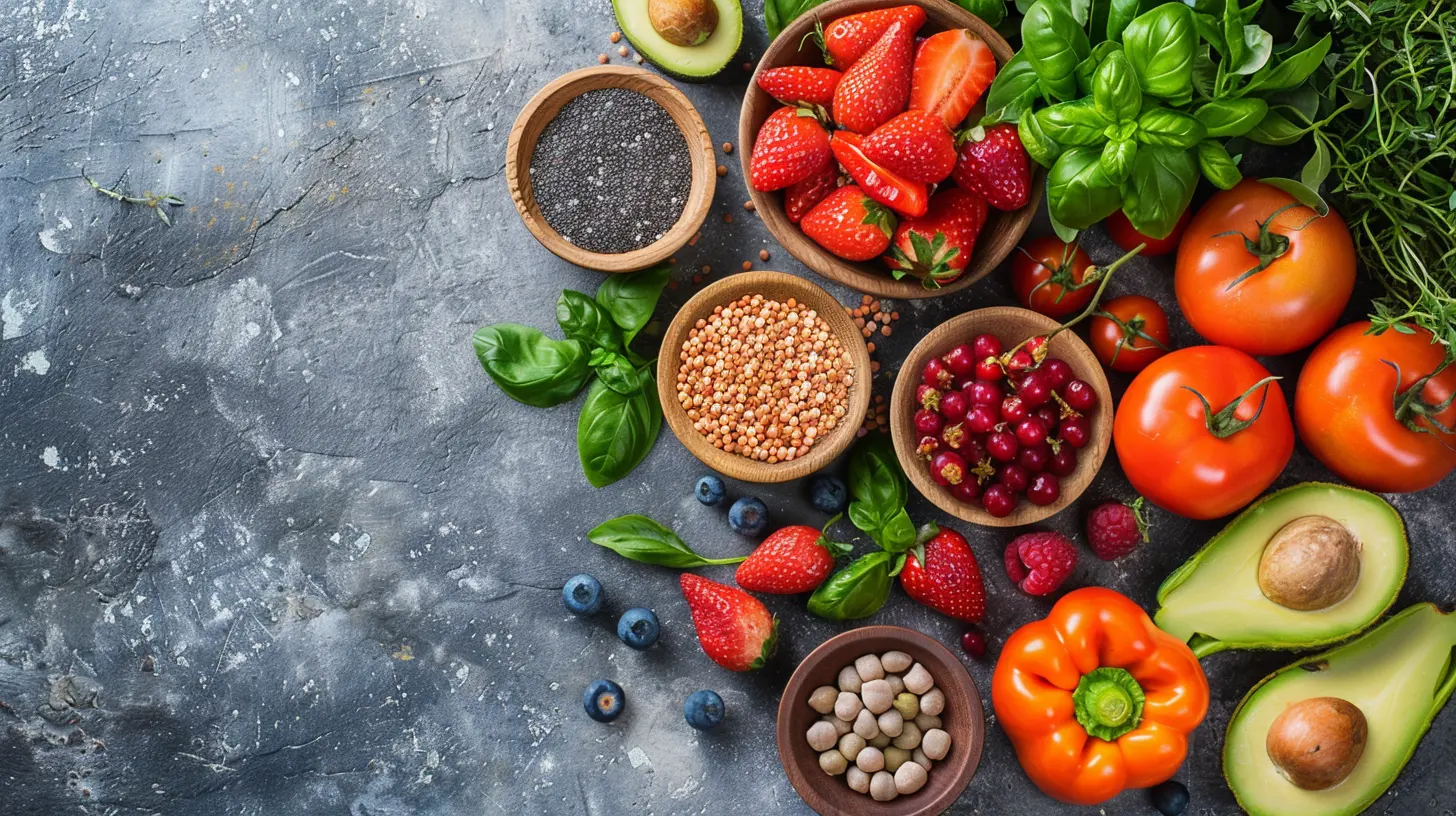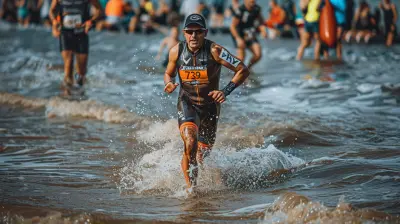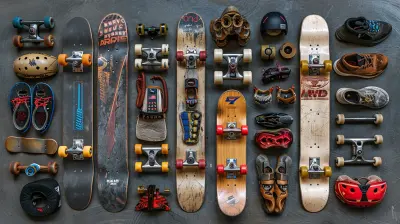Diet and Nutrition Tips for Competitive Athletes
21 November 2025
Whether you're lacing up your cleats for a big game or diving into the pool at sunrise, your body needs fuel—and not just any fuel. We're talking premium, high-octane stuff that supports performance, recovery, and long-term success. That’s where proper diet and nutrition come in for competitive athletes.
So, if you're serious about your sport, you've got to make sure your grocery list is just as tight as your training schedule. Let’s dive into the nitty-gritty of what to eat, when to eat, and why it all matters more than you think.
Why Nutrition Is a Game-Changer for Athletes
Ever heard the saying, “You are what you eat”? For athletes, it's more like, “You perform how you fuel.” Your body is an engine, and the quality of your output—speed, strength, endurance—depends entirely on what you feed it.Think of it this way: You wouldn’t put low-grade gas in a Formula 1 car, right? Same applies here.
Nutrition affects:
- Energy levels (both daily and during performance)
- Muscle growth and repair
- Immune system strength
- Mental focus and clarity
- Recovery speed and injury prevention
So yeah, it’s kind of a big deal.
Balancing the Big Three: Carbs, Proteins, and Fats
Before you go measuring out protein shakes and hunting keto recipes, let’s break down the basics. Competitive athletes need a balanced mix of macronutrients. The key here? Proportions.1. Carbohydrates – The Body’s Favorite Fuel
Carbs often get a bad rap, but for athletes, they're gold. They're your main energy source—especially during high-intensity workouts and competitions.Best carbs to eat:
- Whole grains (oats, brown rice, quinoa)
- Fruits
- Vegetables (especially starchy ones like sweet potatoes)
- Legumes (beans, lentils)
Aim for complex carbs over simple sugars. Think slow-burning, long-lasting energy—not a 10-minute sugar high followed by a crash.
2. Proteins – The Building Blocks of Muscles
You log hours in the gym, running drills, lifting, pushing your body to the edge. Protein helps rebuild and strengthen those worked muscles after every session.Top protein picks:
- Lean meats (chicken, turkey, lean beef)
- Fish (salmon, tuna)
- Eggs
- Dairy (Greek yogurt, cottage cheese)
- Plant-based (tofu, tempeh, legumes)
For athletes, getting about 1.2 to 2.0 grams of protein per kilogram of body weight per day is ideal, depending on the sport and training intensity.
3. Fats – Don’t Fear the Fat
Good fats help with hormone production, brain function, and even joint health. Plus, they provide long-lasting energy—especially for endurance athletes.Healthy fat sources:
- Avocados
- Nuts and seeds
- Olive oil
- Fatty fish (like mackerel or sardines)
Just be mindful of portion sizes. Fats are calorie-dense, so you don’t need a lot to get the benefits.
Micronutrients Matter Too (A Lot More Than You Think)
It’s easy to focus on protein shakes and carb loading, but vitamins and minerals are the hidden MVPs of an athlete's diet.Key Micronutrients Athletes Need:
- Iron – Helps carry oxygen through the blood. Deficiency = major fatigue.- Calcium & Vitamin D – Essential for bone strength and injury prevention.
- Magnesium – Supports muscle function and sleep.
- Vitamin C & E – Powerful antioxidants that keep your immune system strong.
- B Vitamins – Boost energy metabolism and cognitive function.
Best way to get them? A colorful plate loaded with fruits, veggies, nuts, seeds, and whole grains. Supplements can help, but food-first is always the golden rule.
Hydration: Often Overlooked, Always Critical
Let’s be real: You can crush your macros, get your vitamins, and still completely blow your performance if you're dehydrated. Yeah, it’s that serious.Hydration Tips:
- Start hydrating early in the day—not just right before training.- Sip throughout your workout. Don’t wait till you’re gasping for water.
- Replace lost electrolytes with sports drinks (or coconut water) during long or intense sessions.
A good rule of thumb? Check your urine. Pale yellow = good. Darker = drink up.
Timing Is Everything: When to Eat for Maximum Performance
Believe it or not, when you eat can be just as important as what you eat.Pre-Workout Fuel
You want food that gives you energy without weighing you down.Ideal pre-game meal (2-3 hours before):
- Grilled chicken wrap with whole grain tortilla
- Banana or a small smoothie
- Oatmeal with berries and a dab of honey
Quick bite (30-60 minutes before):
- Energy bar
- Banana
- Piece of toast with peanut butter
Post-Workout Recovery
This is the golden window—usually 30-60 minutes after training—when your muscles are most receptive to nutrients.Post-workout snack ideas:
- Chocolate milk (yes, really!)
- Protein shake with a banana
- Turkey sandwich and an apple
Always combine some protein with carbs. You’ll repair muscles and replenish glycogen stores more effectively.
Supplements: Helpful or Hype?
If you’re eating a balanced diet, most of your needs can be met naturally. But there are a few supplements athletes might consider:- Whey protein – Convenient post-workout recovery.
- Creatine – Supports strength and quick bursts of energy.
- Omega-3s – Reduce inflammation and aid joint health.
- Multivitamins – Fill minor nutritional gaps.
Be cautious though. Always choose third-party tested supplements to avoid banned substances (especially if competing under anti-doping regulations).
Meal Planning Tips for Busy Athletes
Between school, work, training, and life, eating right can feel overwhelming. But planning ahead makes it way easier.Quick tips:
- Meal prep on rest days.
- Keep healthy snacks in your gym bag or backpack.
- Use containers to prep and portion meals.
- Batch cook grains and proteins.
Think of your meals as part of your training routine. Just like you wouldn’t skip a workout, don’t skip fueling your body right.
Real-Life Daily Meal Example for Competitive Athletes
Here’s what a typical eating day might look like for an athlete training hard:Breakfast
- Scrambled eggs, whole grain toast, avocado, and a side of berries
- Glass of water or green tea
Mid-Morning Snack
- Greek yogurt with a banana and a spoonful of granola
Lunch
- Grilled chicken quinoa bowl with mixed vegetables and olive oil-based dressing
- Water with lemon
Pre-Workout Snack
- Almond butter and banana on whole grain toast
Post-Workout Shake
- Whey protein, almond milk, banana, and oats
Dinner
- Baked salmon, sweet potato, steamed broccoli
- Small dark chocolate square for dessert 😋
Before Bed Snack
- Cottage cheese with pineapple or a handful of nuts
Hydration throughout the day: at least 8-10 glasses of water, plus more during training.
Special Considerations for Different Athletes
Not all sports demand the same fuel. Here’s a quick cheat sheet:Endurance Athletes (Runners, Cyclists, Swimmers)
- Higher carb intake to sustain energy.- Focus on replenishing glycogen stores fast post-race.
Strength and Power Athletes (Weightlifters, Football)
- Higher protein needs for muscle building.- Creatine and beta-alanine can be helpful.
Team Sport Athletes (Soccer, Basketball, Hockey)
- Balanced approach: carbs, protein, hydration.- Electrolytes for sustained performance across practices and matches.
Youth Athletes
- Caloric needs may still be growing with their bodies.- Emphasize whole foods and limit sugar-laden junk.
Listening to Your Body: The Ultimate Nutrition Coach
Athletes get so caught up in macros and meal plans that they forget the most important guide: their own body.Are you feeling sluggish? Maybe you need more complex carbs. Constantly sore and slow to recover? Boost your protein and check hydration. Light-headed during games? Could be your electrolytes.
Your body talks. You just have to listen.
Final Thoughts
At the end of the day, no amount of natural talent or top-tier coaching can replace a solid foundation of nutrition. It’s the fuel that powers every sprint, lift, jump, and stride. So make your diet a non-negotiable part of your training game plan.Think of food as your most consistent teammate—always there to support, energize, repair, and elevate your performance.
Eat smart, train hard, and never underestimate the power of a well-planned meal.
all images in this post were generated using AI tools
Category:
AthleticsAuthor:

Uziel Franco
Discussion
rate this article
1 comments
Rina Martin
Forget the boring broccoli! Competitive athletes need a secret weapon: kale smoothies with a dash of unicorn sparkle! Fuel your body with magic, not just macros. Remember, a happy stomach creates happy legs. So, munch on those nutrient-packed rainbow snacks and let your performance soar higher than a caffeinated kangaroo!" 🍏🌈🏃♂️
November 27, 2025 at 5:17 AM

Uziel Franco
Absolutely! While kale smoothies and creative snacks can be fun, a balanced diet with whole foods remains key for optimal performance. Let's blend nutrition with a dash of creativity! 🥦✨


